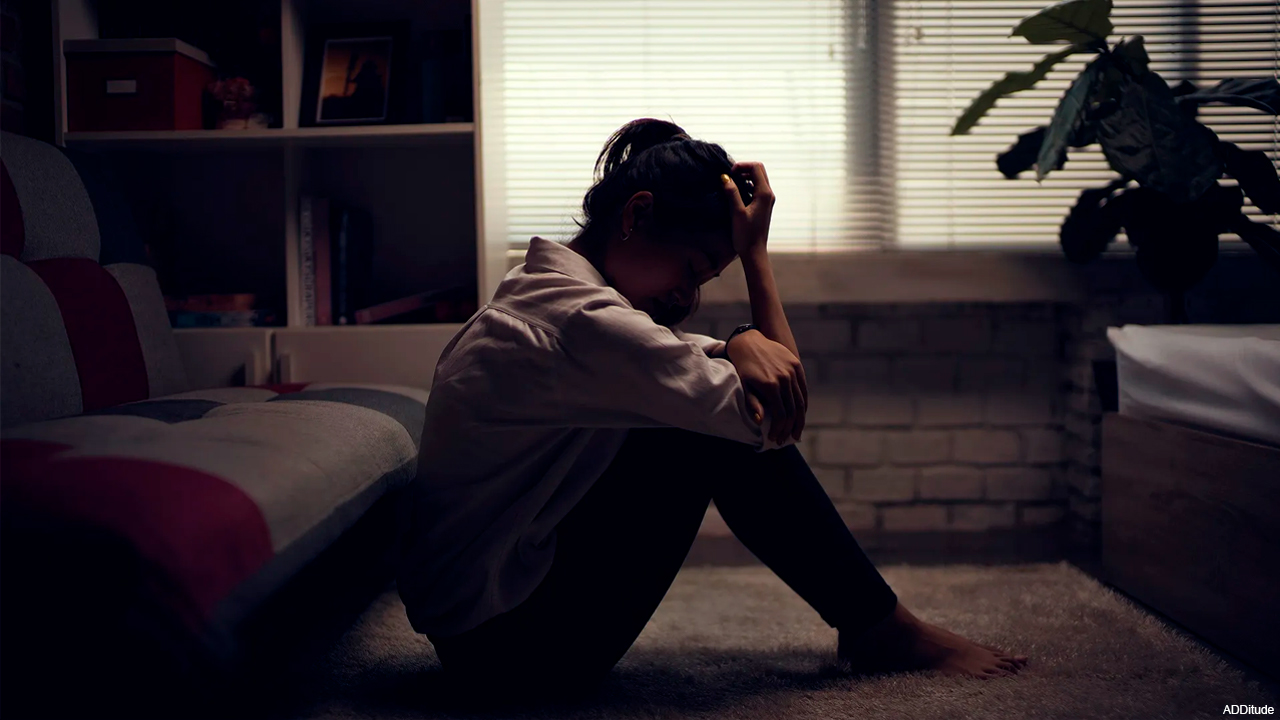Depression is a mood disorder that causes a constant feeling of sadness and a loss of interest. It is also called a major depressive disorder or a clinical depression. It affects the way you feel, the way you think, and the way you act.
Sadness and Grief
Well, some people might think it is just a situational sadness or grief like the death of a loved one, a breakup, losing a job, or relationship issues. It is normal to be sad in such situations. Grieving and depression share the same features, like intense sadness and withdrawal from activities. Grief and depression can co-exist for some people, but they are also different in many important ways.
In grief, people feel sad because they miss their loved ones, and painful feelings come in waves. In major depression, one can feel sadness, a low mood, and a loss of interest for more than two weeks without any reason.
In grief, self-esteem is usually maintained, but in depression, there is a feeling of worthlessness, hopelessness, and self-blaming.
Causes:
There's no specific cause of depression. It can occur for a variety of reasons and has many different triggers.
Stressful events - Some stressful events, like grief or a fight with loved ones, can lead to depression.
Personality - People with low self-esteem who get overwhelmed by stress and challenging situations are more likely to experience depression.
Genetics - Depression can be hereditary. If it runs in your family, you are more likely to have it. For example, if both parents were depressed, there's a good chance that their child will be depressed at some point in their life.
Loneliness - People who live far away from family and have been cut off from friends can also suffer from depression.
Illness - The long-standing illness can also lead to depression. People who suffer from chronic diseases, head injuries, paralysis, or major surgery are frustrated and depressed.
Symptoms:
- Feeling sad/low mood
- Loss of interest in activities once enjoyed before
- Changes in appetite - Weight loss or gain
- Trouble sleeping or sleeping too much
- Fatigue or loss of energy
- Difficulty in concentration, making decisions, and thinking
- Suicidal thoughts
For a diagnosis of depression, symptoms must last at least two weeks and represent a change in your previous level of functioning.
How depression is treated?
Depression can be treated by medications, psychotherapy, self-help, and coping. So visit your counselor or psychiatrist and take the advised treatment. You can also try coping techniques like healthy eating, enough sleep, and regular exercise to help cope with it.
(Disclaimer: The content on this site is for informational purposes only, and should not be taken as professional medical advice. Always seek the guidance of your doctor or other health professionals for any questions you may have regarding your health or a medical condition.)

 Depression is a common but serious mental health condition that is often confused with sadness or laziness. Let's dig in to learn more.
Depression is a common but serious mental health condition that is often confused with sadness or laziness. Let's dig in to learn more.









.jpeg)







.jpeg)

.jpg)










